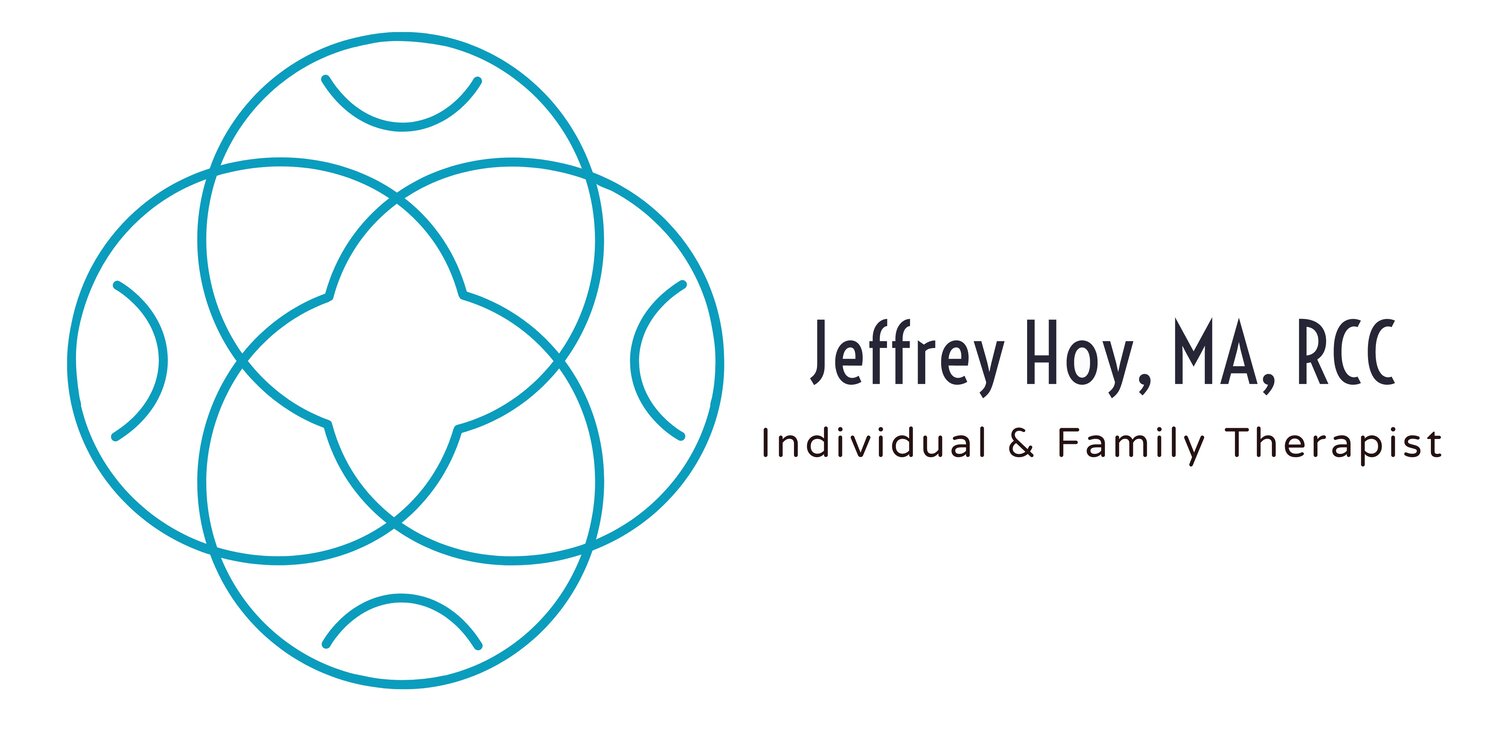Mental Health Assessment vs Diagnoses
—Understanding the Difference and How I can Help—
Mental health is an integral aspect of our well-being, influencing how we think, feel, and interact with the world. As we gain a better understanding of mental health issues, the importance of proper assessment and diagnosis becomes increasingly evident. However, it is crucial to recognize that mental health assessments and diagnoses are distinct processes that serve different purposes. In this blog post, we will delve into the differences between mental health assessments and diagnoses, shedding light on their unique roles in supporting individual well-being and effective treatment.
Mental Health Assessments:
Mental health assessments are comprehensive evaluations conducted by mental health professionals - specifically, some RCC’s - like myself, as well as some clinical psychologists and nearly all psychiatrists. Assessments gather information about an individual's current psychological, emotional, and behavioral state. These assessments aim to paint a holistic picture of the person's mental health and identify potential issues that may require attention. Several tools and techniques are employed during this process, including interviews, questionnaires, psychological tests, and observation.
Key Characteristics of Mental Health Assessments:
Holistic Evaluation: Mental health assessments examine various aspects of an individual's life, including personal history, relationships, coping mechanisms, stressors, and symptoms.
Identifying Strengths and Weaknesses: Apart from highlighting potential mental health concerns, assessments also focus on identifying an individual's strengths, resources, and coping skills.
Tailored Recommendations: Based on the assessment results, mental health professionals can provide personalized recommendations, such as therapy options, lifestyle changes, or self-help strategies, to support the person's well-being.
In my practice, a written assessment document is given to the client (and/or referrer, with written permission from the client), which will detail the points above and if appropriate will reference a potential or likely Mental Health Diagnosis, so the other members of the clients’ treatment team can take it under advisement.
Mental Health Diagnoses:
While assessments provide a comprehensive overview of an individual's mental health, a diagnosis is a specific label assigned to a person's condition based on recognized criteria outlined in psychiatric manuals (commonly the DSM-5). In BC, only Registered Clinical Social Workers (RCSW), Clinical Psychologists (with specific training), some Physicians, and all Psychiatrists are able to give a formal diagnosis. Diagnosis is crucial for communication among healthcare professionals and serves as a guide to the appropriate treatment and support.
Key Characteristics of Mental Health Diagnoses:
Standardized Criteria: Diagnoses follow specific criteria and guidelines established by recognized medical and psychiatric authorities, allowing for consistency in identification and treatment.
Clear Classification: Diagnoses provide a clear classification of a person's mental health condition, aiding in understanding the nature of the issue and guiding treatment plans.
Treatment and Reimbursement: Diagnoses are essential for insurance reimbursement and access to specialized mental health services.
The Relationship Between Assessments and Diagnoses:
Generally, assessments offer a solid starting place for treatments in the ‘psychosocial’ or ‘lifestyle’, and ‘psychotherapy’ domains (those are my domains as a therapist), whereas diagnosis is most helpful with establishing a basis for medical treatments though a physician or psychiatrist.
A thorough Assessment is often very helpful for mental health professionals to understand the individual's unique experiences and tailor the treatment accordingly.
An Assessment can also serve as a foundation for accurate diagnoses, enabling clinicians to apply the appropriate labels to the person's condition if it meets the diagnostic criteria.
Assessments often provide valuable insights and support for personal growth and resilience, even if there is no suspected formal diagnosis.
A Mental Health Assessment with me will not include a formal diagnosis. I do supply an Assessment document, which can reference potential diagnosis to further investigate if appropriate, along with treatment recommendations.
Mental health assessments and diagnoses are integral components of the mental healthcare system, each serving distinct purposes. Assessments offer a holistic evaluation of an individual's mental well-being, while diagnoses provide standardized labels for specific mental health conditions.
As we continue to break the stigma surrounding mental health, it is crucial to acknowledge the significance of assessments and diagnoses in providing the care and attention individuals need to lead fulfilling lives. Seeking professional help and engaging in open conversations about your mental health and wellbeing are often very helpful in getting the most out of life, should you feel something is off or if you notice having consistently the same types of problems as you go through life.

